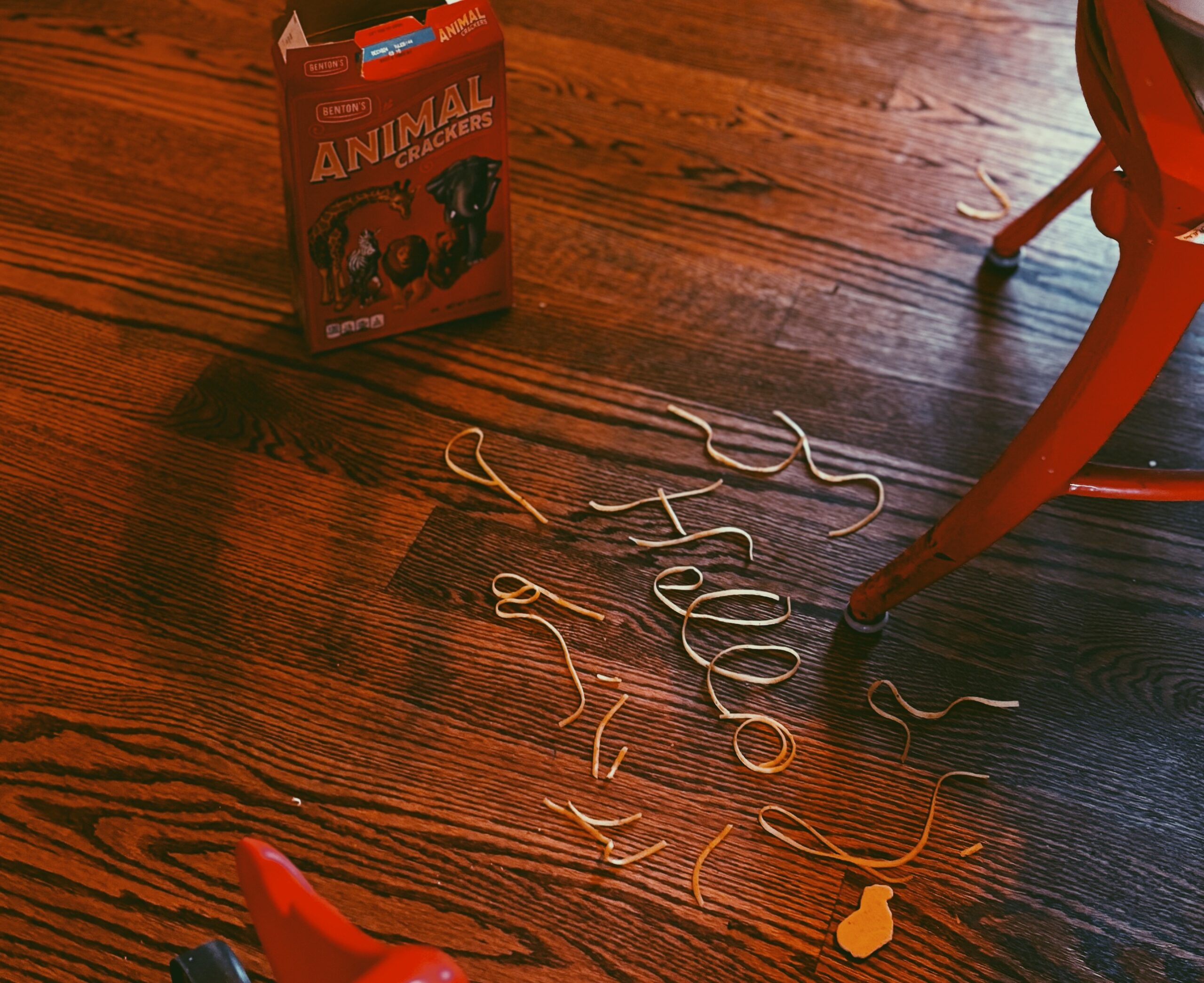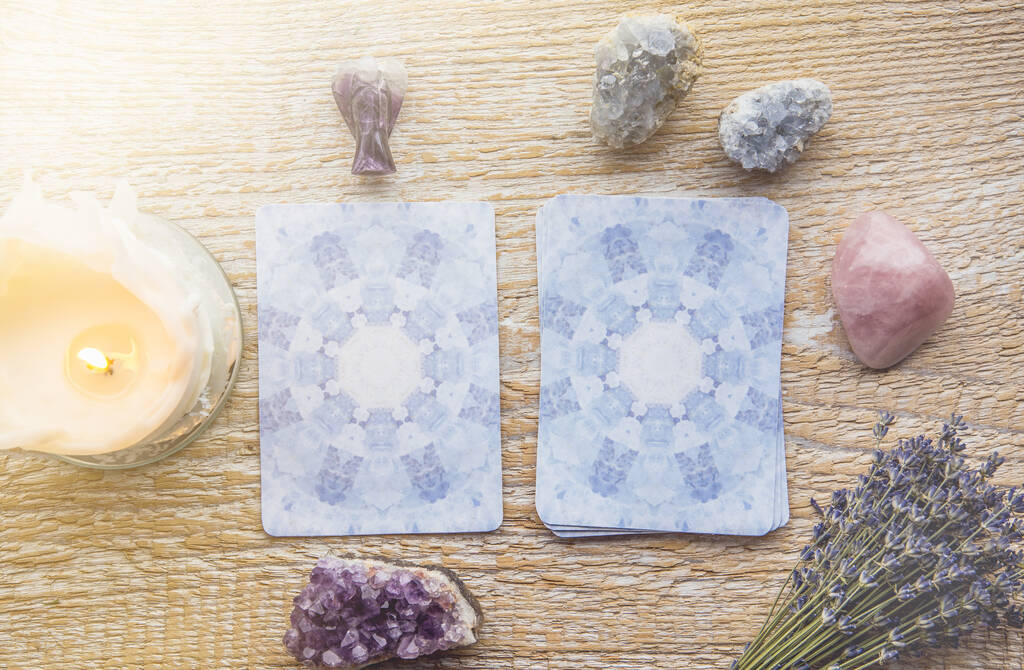Not all friendships are built to last forever. Some were perfect for a certain phase of your life, but now they just feel…off. You find yourself drained after spending time with them, or maybe their name pops up on your phone and you feel more dread than excitement. That doesn’t mean you’re a bad friend or that you’re overreacting. It just means something’s shifted, and it might be time to look at the friendship more closely.
The truth is, we don’t talk enough about unhealthy friendships. Romantic relationships get all the attention when it comes to boundaries, breakups, and emotional labor.
But friendships? They can impact your mental health just as much. So, let’s talk about how to recognize when it’s time to reevaluate, how to handle it, and what you can actually do about it without spiraling into guilt or second-guessing every decision.
Recognize the Signs That the Friendship Isn’t Working Anymore
It’s easy to brush things off and tell yourself you’re just being dramatic or that “every friendship goes through ups and downs.” And sure, that can be true. But when something consistently feels heavy or off, it’s time to stop explaining it away and start noticing the patterns.
It’s Always You Reaching Out
If you stopped texting, would the friendship just fizzle out completely? That’s a sign. Friendships should be mutual, not a full-time job you’re doing solo. If you’re always the one making plans, checking in, or keeping the connection alive, it’s worth asking why.
Interactions Leave You Emotionally Drained
You shouldn’t feel like you need to emotionally recover after hanging out with a friend. Whether it’s constant complaining, subtle jabs, or the feeling that you’re never fully heard, those lingering bad vibes aren’t just in your head.
Guilt-Tripping and Passive Aggression Are the Norm
A healthy friendship isn’t about keeping score. If every conversation involves you being guilted for missing a call or not replying fast enough, that’s manipulation, not care. Same goes for passive-aggressive comments disguised as jokes.
Your Boundaries Are Ignored
If you’ve expressed your limits, like not wanting to talk late at night or needing space, and they continue to cross that line, that’s not a misunderstanding. That’s a pattern. And it says more about how they value your needs than any apology ever will.
You Don’t Feel Like Yourself Around Them
This one is sneaky. If you catch yourself shrinking, censoring your words, or playing a different version of yourself just to keep the peace, pay attention. Friendships are supposed to be safe spaces. If you can’t be fully you, that’s a red flag.
These patterns don’t mean your friend is a terrible person. It just means the dynamic isn’t working anymore. And it’s okay to acknowledge that, even if it’s uncomfortable.
Get Honest About Why You’ve Held On This Long
Before you start distancing yourself or having the talk, it’s important to figure out why you haven’t already done it. Because if we’re being honest, most of us know when a friendship is bad for us. We just don’t know what to do with that information.
You’re Clinging to Shared History
Just because someone’s been in your life for ten years doesn’t mean they still deserve front-row access. History is comforting, but it’s not always relevant. Ask yourself: if you met this person today, would you want to be friends?
You Feel Guilty About “Giving Up”
Letting go of a friend can feel like betrayal, especially if they’ve been there during big life moments. But guilt isn’t a good reason to stay. You’re allowed to outgrow people, even if they were once everything to you.
You’re Avoiding Conflict
Not everyone is comfortable with confrontation. If the idea of bringing up your feelings gives you full-body anxiety, you’re not alone. But here’s the thing: avoiding it doesn’t make the discomfort go away. It just drags it out.
You Worry About the Social Ripple Effect
If you share mutual friends, it can feel like ending the friendship will cause a whole group shift. That’s a valid concern. But trying to stay in something harmful just to keep the peace usually just delays the blow-up.
You’re Afraid of Feeling Lonely
Sometimes, we’d rather hold on to bad company than face the idea of having no company at all. That fear is powerful. But loneliness from being around the wrong people is way worse than being alone for a little while.
Getting honest about your reasons doesn’t mean you need to act immediately. It just helps you get clear. When you know what’s keeping you stuck, you have a better shot at doing something that actually feels right instead of just reactive.
Set (and Stick to) Boundaries That Protect Your Peace
Not every unhealthy friendship needs to end with a dramatic farewell. Sometimes, all it takes is better boundaries. The problem? Setting boundaries is one thing; sticking to them is where it usually falls apart. But when a friendship starts eating into your energy or your sense of self, boundaries are how you take back control.
Know What You’re Actually Asking For
You can’t expect someone to respect your limits if you haven’t clearly communicated them. “I need more space” is too vague. But “I can’t always respond to texts right away, and I need you to be okay with that” gives them something real to work with. Be specific. Be clear. You’re not being rude, you’re being direct.
Don’t Apologize for Your Boundaries
If you catch yourself padding every boundary with five layers of explanation and guilt, pause. You don’t need to justify taking care of yourself. Saying “I’m not available to hang out this weekend” doesn’t require a long excuse. You’re allowed to protect your time without making it palatable for someone else.
Give Less of Your Energy, Not Just Less Time
Reducing how often you talk is a start, but you also need to pull back on the emotional load. You don’t need to play therapist, hype squad, or peacemaker every time they call. Limit how deep you go into draining conversations and how much of yourself you pour out in response.
Anticipate Pushback, and Hold the Line
Unhealthy friendships often resist boundaries because they’re built on imbalance. If they guilt you, lash out, or act confused, that doesn’t mean your boundary was wrong. It just means it worked. The key is staying consistent. If you wobble every time they push, they’ll keep pushing.
Practice Saying Less
Sometimes the best boundary is silence. You don’t have to explain or respond to every message. You don’t have to over-clarify when you say no. Keep your tone neutral and your words few. You’re not starting a debate. You’re stating a limit.
Boundaries are like fences: they don’t block people out entirely, but they show where your space begins. And the people who really care about you? They’ll respect the fence without needing a map.
Decide If It’s Time to Walk Away Completely
Not every friendship can be saved by boundaries. Sometimes, things have just run their course. And as hard as it is, there’s nothing wrong with walking away for good. But how do you know when it’s time to be done instead of just adjusting?
You’re Exhausted Just Thinking About Them
If the friendship feels like a chore, that’s a sign. You’re not supposed to dread talking to someone who’s meant to support you. That kind of emotional heaviness doesn’t go away on its own. It either gets addressed or it gets worse.
They Don’t Respect the Boundaries You’ve Set
If you’ve tried to pull back and they still blow past your limits, it’s not a miscommunication. It’s a choice. And when someone chooses to ignore your needs after you’ve been clear, it’s okay to decide that you’re done trying.
You Don’t Like Who You Are Around Them
Some friendships bring out the best in you. Others make you feel small, reactive, or unlike yourself. If you’re constantly biting your tongue, minimizing your accomplishments, or walking on eggshells, that’s not just a rough patch. That’s a toxic dynamic.
You’re Staying Because It’s Easier Than Leaving
Let’s be real: ending a friendship is awkward and emotional. But staying in something that doesn’t serve you, just to avoid the mess of letting go, only delays the inevitable. Sometimes the discomfort of leaving is the price of peace.
How to Actually Walk Away
You don’t always owe someone a big explanation. If the friendship has faded naturally, you can continue to let it go without making it a thing. Slow replies, less emotional availability, and gradually stepping back is valid.
But if they press or if the friendship has been close, consider a short, direct conversation. Keep it focused on your needs, not their faults.
For example: “I’ve been feeling really overwhelmed lately, and I’ve realized I need to take a step back from a few relationships, including ours. This isn’t easy, but I need to do what’s right for me right now.”
That’s it. You don’t need to prove anything or win them over. Walking away with respect doesn’t require a dramatic exit. Sometimes it just means choosing yourself… and meaning it.
Make Room for Better Friendships After Letting Go
Once the friendship ends or fades out, there’s often this weird empty space. Even if it wasn’t a good friendship anymore, it still leaves a gap. The good news? That gap can become space for better, more nourishing relationships, but only if you let it.
Give Yourself Time to Decompress
Just because it wasn’t working doesn’t mean it wasn’t real. Let yourself feel the loss without rushing to fill the space. Sadness, relief, guilt, anger; it’s all normal. You’re allowed to grieve the friendship and feel good about letting it go at the same time.
Refocus on Mutual Friendships
The ones who check in without expecting anything. The people who feel easy to be around. Start pouring more energy into them. You’ll be surprised how much more you get out of friendships that are actually mutual and calm.
Don’t Let Fear Make You Settle Again
When someone new comes along, don’t ignore early red flags just because you’re craving connection. You’ve been through this once already. Use what you’ve learned. Real friendship feels safe, steady, and reciprocal. Anything else isn’t worth your time.
Choose Quality Over Quantity
You don’t need a dozen friends who barely know you. A few that really get you? That’s the goal. Having space in your life isn’t a failure, it’s an invitation for the right people to step in.
Letting go is hard. But staying in something that’s draining you? That’s harder. You deserve friendships that make you feel more like yourself, not less.
Friendship breakups can be just as painful as romantic ones, sometimes even more. But at the end of the day, managing an unhealthy friendship isn’t about being cold or unforgiving. It’s about being honest with yourself and taking care of your emotional wellbeing.
You’re allowed to set boundaries. You’re allowed to walk away. You’re allowed to decide that a friendship that once felt essential no longer fits the person you’re becoming. That’s not harsh. That’s growth.
There’s no perfect script for how to handle all of this, but the goal isn’t perfection, it’s peace. You deserve friendships that lift you up, not weigh you down. And if that means making some tough calls along the way, you’ll handle it. Trust yourself.
















